Pneumatic Shock Absorber Overview
Pneumatic shock absorbers are critical components in vehicle suspension systems, designed to absorb and dampen the impact from road irregularities, ensuring a smoother ride. These devices play a pivotal role in maintaining vehicle stability, offering comfort to passengers, and contributing to the longevity of the vehicle's other suspension parts.
Types and Applications
There are various types of pneumatic shock absorbers tailored to different applications. From standard monotube designs to specialized truck shock absorbers, each variant caters to specific load-bearing requirements and driving conditions. These components are not only essential for passenger cars but also for commercial vehicles where consistent performance under heavy-duty use is crucial.
Construction and Materials
The construction of a pneumatic shock absorber involves precision engineering with robust materials. Typically, these absorbers consist of a cylinder filled with gas or air and a piston rod that moves through the cylinder as the vehicle encounters various terrains. The choice of materials, from high-grade metals to durable seals, ensures resilience against environmental factors such as dirt, dust, and corrosive agents like gritting salt.
Features and Advantages
The design of pneumatic shock absorbers incorporates features that allow for the absorption of significant forces caused by road conditions, including severe potholes and uneven surfaces. The advantages of using these shock absorbers include improved vehicle control, reduced wear on tires and suspension components, and a decrease in the likelihood of fluid or gas leakage, which can be detrimental to the absorber's performance.
Understanding Durability and Performance
Durability is a key aspect of pneumatic shock absorbers, as they are subjected to continuous stress and potential damage from road debris. The performance of these absorbers is critical to the safety and operational efficiency of the vehicle, with well-maintained units contributing to optimal driving conditions and extending the vehicle's service life.
Selection and Suitability
Selecting the right pneumatic shock absorber is essential for meeting the specific needs of a vehicle. Factors such as vehicle type, load requirements, and driving conditions should guide the selection process. It is important to choose an absorber that is compatible with the vehicle's design to ensure proper functionality and to maintain the integrity of the suspension system.

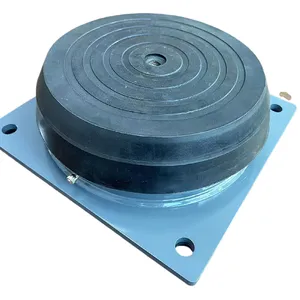

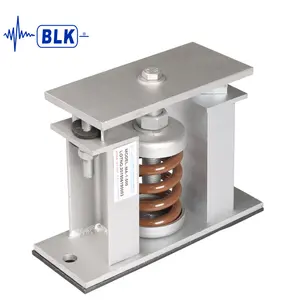








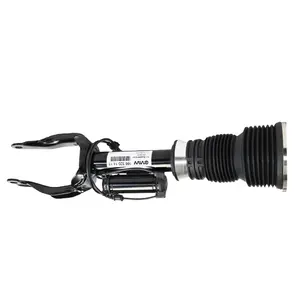

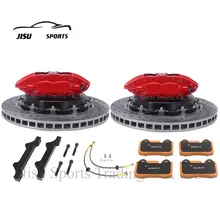


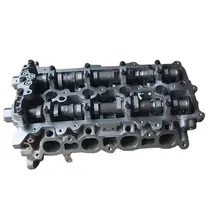



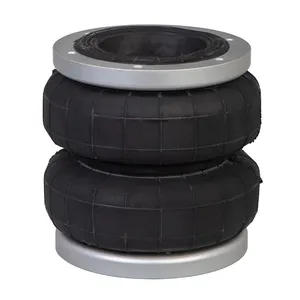
























 浙公网安备 33010002000092号
浙公网安备 33010002000092号 浙B2-20120091-4
浙B2-20120091-4